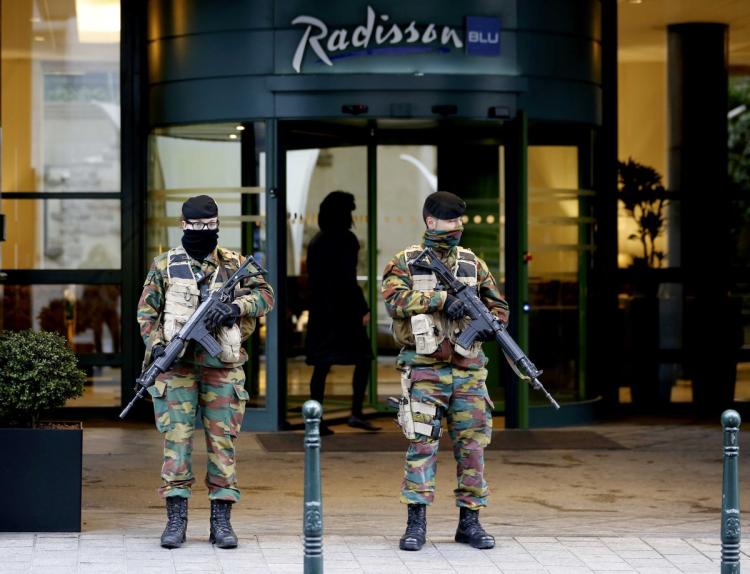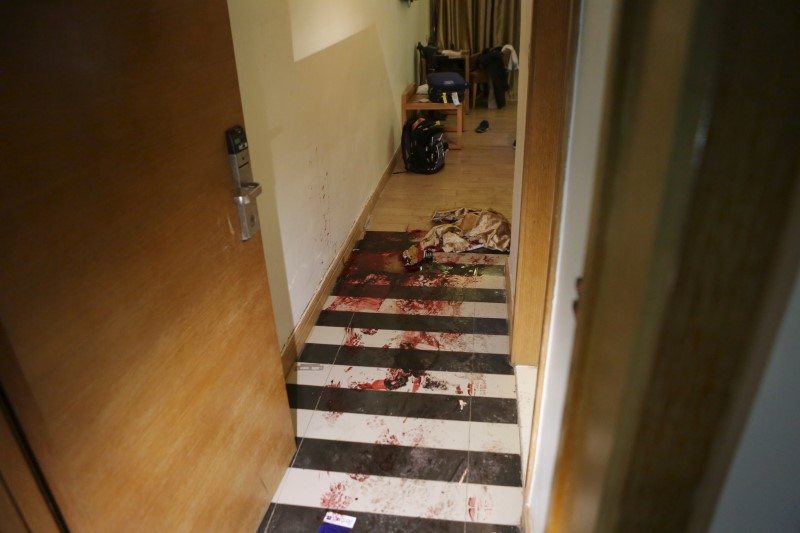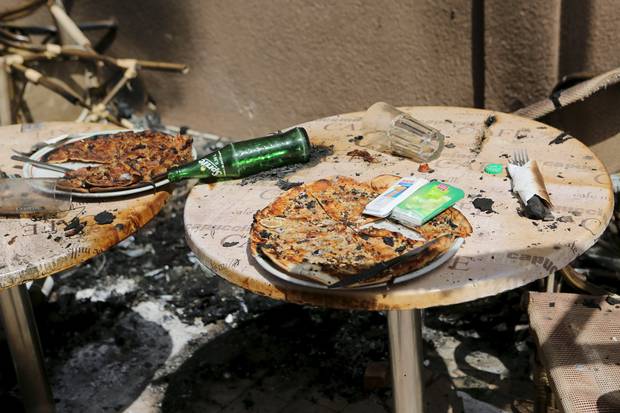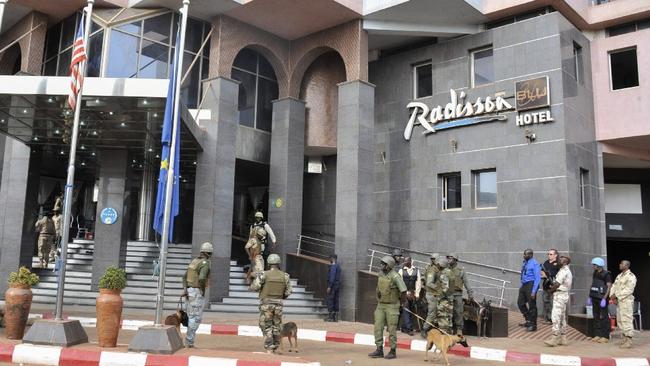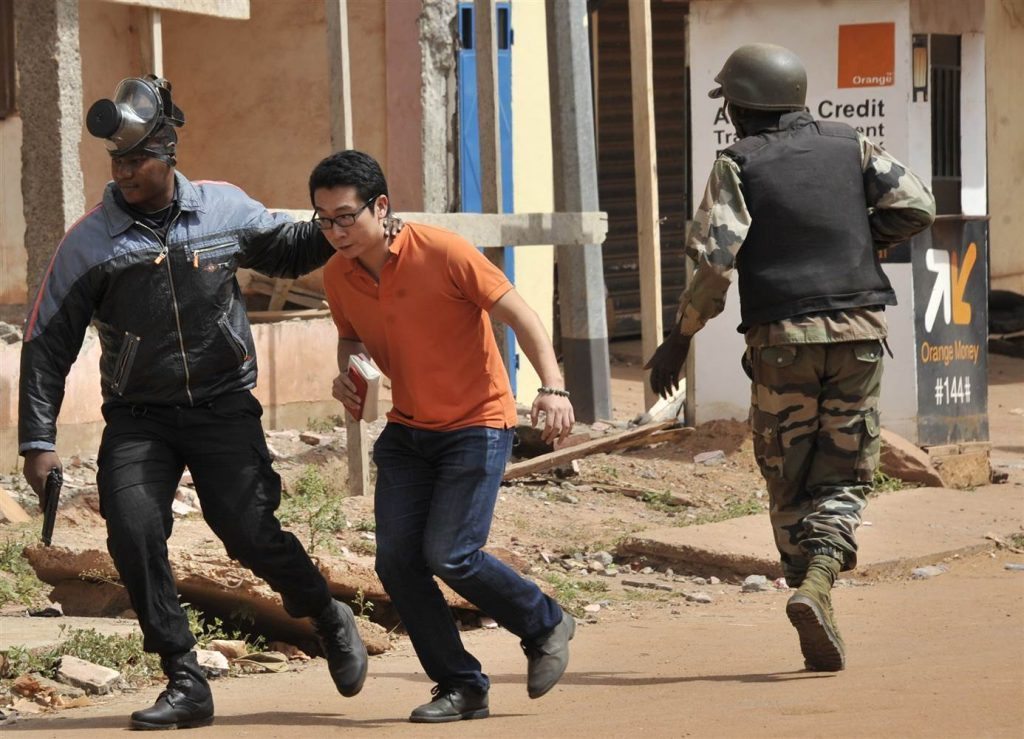A terror attack at a hotel is more likely today than it ever was. Do you recall, Mali, West Africa or India? How about Paris, Brussels or the U.K.? Terrorist aren’t exactly respecters of “safe spaces” and personal zones, are they?
People like to travel and after working long hours, for many months, every citizen should be able to enjoy travelling abroad for a few weeks. Do yourself a favor and know the environment into which you are travelling. But also know how hospitality operates.
Hotels open and close daily all over the world. Many hotel businesses are successful because they are able to avoid the downsides in operating a business as it serves the public. The public expects much when it comes to the hospitality industry because they have to willingly spend their money at these locations. Their interest must be piqued, and their need for rest and safety must be served. Any damaging information, such as the knowledge that bed-bugs reside in hotel rooms, especially at a four-star Four Seasons Hotel, could possibly shut the business down and make it lose massive amounts of revenue. Future business for the hotel means safety and security measures must be in place to avoid certain issues.
Hotels, like any business, deal in risk regardless of how good the staff is, how ‘deep’ the pockets of the investors, how well-built the facility and how ‘prime’ the location is. It could be the Ritz Carlton in New-York City or Motel 6 in Detroit, Michigan.
Both businesses have dynamic and pure risks. Acts of terrorism, disasters, civil unrest and disgruntled employees are all pure risk. These risks, unlike dynamic risks, cannot be purchased, controlled, or even conjured up or away at the ‘snap of a finger’; in fact, they come at unwanted times and must be handled.
Dynamic risks, such as accepting written bank checks may offer business stimulation, even with the understanding that some checks might not clear the bank. But, what is notable is how each business deals with the risks. The more successful business employs preventative measures and mitigation procedures such as hiring a security guard/night watchman, a concierge, proper working security cameras and a staff that understands clearly the importance of making profit lies in within the nutshell of providing the customer a fun but very safe experience.
The customer will come back if no harm has come to him and if the experience was pleasurable. Customers do not need pressure, risk and danger; yet consider for a minute the tourists who have been murdered abroad in foreign hotels and bungalows that dot South Africa, and more notable are the other danger spots in areas of tourism. How about the terror attacks in Mumbai that killed over 150 people. How about the recent terror attacks on tourists in Paris and Egypt; looks like you’ll be staying stateside. If you’re used to carrying a weapon for protection at home, well you better abandon that line of thinking when you travel overseas. No one can predict when terror events will happen so you are best served by taking measures to give yourself a fighting chance to survive while travelling.
If preventative measures and mitigation procedures were not in place, it seems hotels would be affected adversely. Hotels by their very nature are highly susceptible to market forces. Hotels perform differently as some are full service hotels and some are limited. Those that succeed can operate beyond the market forces and it is not always the larger hotel that weathers the storm with a massive infusion of capital to keep it going. Broken security, that is security that fails to do its job, causes the business to die overnight or die a long, slow death. The spirit of teamwork is gone, the trust for the management to secure the safety of employees and visitors is gone, stake holders no longer view the business as a place to keep their money or time, sponsorship wanes, litigation potentially increases. Data breaches, where client information stolen, is something that has occurred in the last decade due to the increase in technology use. Hotel business by their very nature have high overhead and cannot spend all of their budget on security.
Let me ask you, do you know how well the hotel is run that you are travelling to? Is it part of a healthy chain of hotels or is it a small bed and breakfast in? Do you think the country, the village, the hotel and the staff will do what is necessary to look out for you in case of danger? I recommend reading some of the online critiques and reviews written by tourists to gain some perspective. Did the guests savage the hotel security in their reviews?
In the end, any measure seems better than none. Hotels that do well, do well because they provide an experience that states they are a secure business. Whether it is a façade, and internally the business is failing, the customers won’t always know until it’s closed. Do your homework before travelling. You owe it to yourself and family.
Now what?
Simple- have a plan in case of an emergency. Find out whether the hotel is in or near high-crime neighborhoods. Does the hotel have spyholes, deadbolts, and well-lit emergency exits? Does it use a surveillance system, card-access required for elevators, and have posted security? Do you know where the police station is if you get robbed or attacked, or the pharmacy in case you run out of medicine? Are you in a remote resort or downtown? Each of these places carry with them certain risks and incentives.
What if there is a riot, a protest or any other event that can potentially close your road to a “getaway”? Are there security cameras in use around the buildings and grounds, can vehicles enter the property easily or is there a safety enclosure to prevent VBIEDs such as the use of bollards? Only guests or patrons should be able to access the grounds.
If the hotel looks unsafe to you then in all likelihood it looks the same to a criminal or a terrorist. There are no easy answers and no ‘one best way’ to surviving such an attack. You just have to be willing to get out of an attack and that means being determined. I recommend setting up a go-bag: Keep your phone, chargers, nutrition bars, money and other travel documents on you at all times, or at least nearby. Plan to win. Don’t take safety for granted. Do your research on Google, or Tripadvisor before you get there. Don’t go without a plan; have at least have something drawn up whether you sling guns for a living or not.
(Images courtesy of the BBC)

